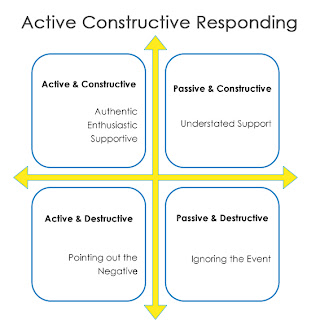I love this video we watched at my work and I think it has a powerful message.
I think we all need to have our lollipop moments this Christmas. We can give sincere appreciation and acknowledgment to the people that have changed our lives for the better. Make a list of all the people in your life that have done this for you and during this Christmas break, go around telling them and giving them credit. We all need to be aware of how much one word, one smile, and one experience can change a life for good. We have so much power and influence on one other and we need to recognize and use it more! Be aware of any moment you have when you are stuck somewhere with a loved one, a friend, or even a stranger and instead of getting on your phone to stalk instagram or snapchat some lame picture, make the choice to listen, open up, laugh, smile, vent, or support the people around you. You might not need it but the souls around you that live and fear, worry, stress, and negativity need it a lot more than you think.
"The moment of impact. The moment of impact proves potential for change. Has ripples effects far beyond what we can predict. Sending some particles crashing together. Making them closer than before. While sending others spinning off into great ventures. Landing them where you've never thought you've found them. That's the thing about moments like these. You can't, no matter how hard you try, controlling how it's gonna affect you. You just gotta let the colliding part goes where they may. And wait. For the next collision. "
-The Vow













